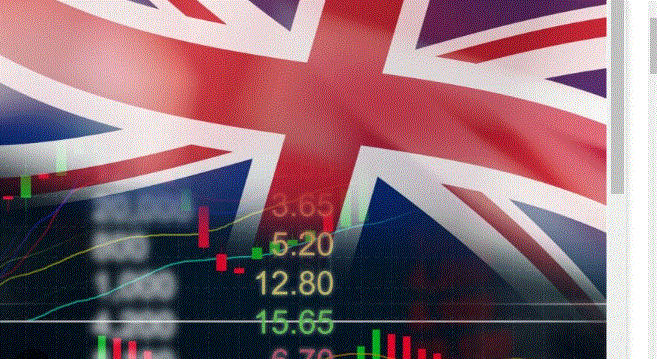The latest report from Hamburg Commercial Bank (HCOB) reveals that the Euro Area’s Manufacturing Purchasing Managers’ Index (PMI) rose to 45.9 points in October, up from 45.0 points in September. Despite this improvement, the index remains below the crucial 50-point mark, indicating continued contraction in factory activity.
Subdued Factory Activity
The uptick in the Manufacturing PMI to a five-month high can be attributed to a reduced pace of decline in key areas, including production, new orders, employment, and procurement activity. However, the overall environment remains challenging, with manufacturers grappling with slowdowns that continue to hinder growth.
Services Sector Performance
In contrast, the Services PMI showed resilience, settling at 51.2 points in October, down slightly from 51.4 points in September. While the services sector continues to experience growth, this marks an eight-month low, primarily driven by a significant decline in new orders. The sustained output in services suggests that, although the sector remains robust, it faces pressures that could impact future performance.
Composite PMI Overview
The overall Composite PMI for the Euro Area stood at 49.7 points in October, a marginal increase from 49.6 points in September. This figure highlights weak business activity across the region, particularly in major economies like Germany and France, where economic conditions have deteriorated further.
Economic Outlook
Looking ahead, analysts express concern that ongoing challenges, such as tepid demand, unfavorable business conditions, and waning optimism, will continue to hamper private sector activity in the Eurozone. These headwinds may prompt the European Central Bank (ECB) to consider further easing of key interest rates during its December monetary policy meeting to stimulate economic growth and support struggling sectors.
While the Euro Area’s Manufacturing PMI has reached a five-month high, the underlying economic conditions remain fragile. The dichotomy between the manufacturing and services sectors suggests a complex landscape for businesses. As challenges persist, the ECB may need to take proactive measures to ensure sustained recovery in the Eurozone economy.















